Less than 2 weeks before the Brighton Marathon (Sunday 14th April), which means tapering. The last road marathon was the London in 2017, and I didn’t get the final preparation right. However, it’s all about learning and improving. At that stage I thought that long distance running did not require much planning…
I completed the final 20 + miler on Saturday and it felt great. It is Monday and I am pretty much recovered — the 175 stairs upward at Russell Square this morning left me with a little burn deep in the calf muscles. They need some attention: stretching, rubbing, easy contractions.
Initially I had thought about running Brighton and then next day doing 40k in readiness for the ultras in May and July. Taking advice, I scrapped that idea, however I need to get back to the mileage and some hills soon after the marathon. There is only a few weeks before the trot around the Isle of Wight: 106k over two days.
There is a different feel to the (road) marathon and the (off road) ultras. The obvious contrasts are the distance and the terrain, but for me it’s the whole vibe of trail running that energises me. There’s no great talk of times, instead completion, camaraderie and countryside.
So, the next couple of weeks will be light runs, getting lighter, lots of resting, stretching, meditating and fuelling up.
Don’t forget the quiz on May 22nd in Surbiton >> tickets here
And the Free Understand Pain Talk also on May 22nd at The Groves Medical Centre, New Malden for people suffering chronic pain who want to understand their pain and move on to a better life. The workshops and talks are one of the ways that we intend to share the right messages about pain and what people can do to improve their lives. To scale this we need to continue to raise funds, the reason for the #upandrun series.
If you suffer chronic pain or know someone who does, you will realise the size of the problem, the mismatch of the needs of millions of people and what is offered. The misunderstanding of pain in society often leads to the wrong choices and treatments — frequently a narrow focus on the area that hurts rather than on the person. Pain is poorly related to tissue state. Pain is well related to the state of the person. Most people realise this when we reflect on the changes in state and how the sensations of pain vary. It’s experiential rather than a concept.
The bottom line is that pain can and does change, starting with understanding it. Many people often realise an immediate reduction in suffering when they blend what we know about pain with their own narrative and experience. The knowledge of how the brain processes information, how we embody our thoughts, feelings and actions, and the emergence of conscious perceptions are all delivering great insights for us to distill into practical ways of improving our lives.
You can support our work here by sponsoring me…thanks!
RS #thepaincoach @painphysio

